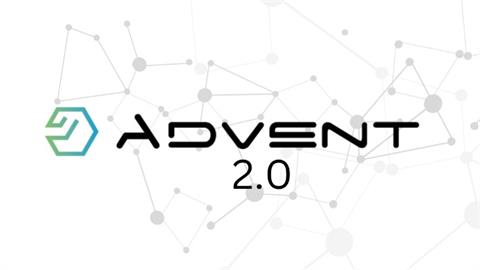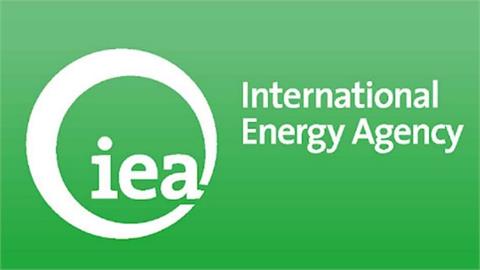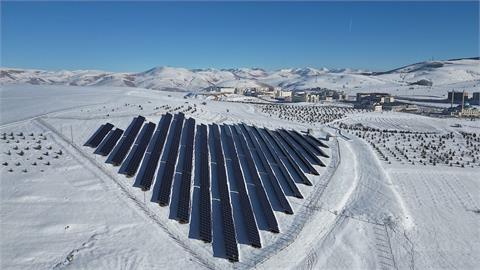The European solar power body believes that with the right policy priorities delivered by the European Commission, solar and storage can fulfil its potential in helping the EU meet its climate change targets.
SolarPower Europe has today published a ten-step policy priority set of guidelines designed to help the European Commission (EC) address the current needs of solar power and storage technology.
Released in advance of the EC’s Energy Union Package, the 10 policy priorities outlined by the solar power body stress that solar+storage can play a much more central role in the EU’s fight against climate change – provided the right regulatory framework and support is put in place.
With solar in Europe undergoing something of a transition phase, it is an ideal time to amend and introduce policy to enable storage technology to work in synergy with solar and allow both sectors to reach their full potential.
The SolarPower Europe guidelines explore how solar+storage can implement new and smart business models that will help to maximize solar’s potential in Europe. For example, with greater uptake of behind-the-meter storage at the consumer level, homeowners and business owners can become prosumers, offering power and services to national grids. At a larger level, solar generation can also be used more cost-effectively when twinned with storage.
"The industry is very successful in bringing down the cost of stationary battery storage and in improving its ability to provide efficient services and solutions to the market," said SolarPower Europe VP and Enel Green Power CIO Riccardo Amoroso. "Today we need European policy makers to put in place stable regulatory conditions including clear definitions and an appropriate market design to ensure a level playing field among competing solutions."
SolarPower Europe policy analyst Tomas Doerling added: "Solar and battery storage installations represent an important flexibility option for the entire energy system, enabling to inject or absorb electricity generated by a solar system when the system requires it."
Overcoming the variability of solar electricity generation has long been something of a Holy Grail for the PV industry, and Europe may well be best placed to push through policies that better integrate the effect that battery storage can have.
The SolarPower Europe 10 policy priorities seek to develop a greater understanding of the potential of this synergy, and are:
1.
Definition: An EU-wide definition of electricity storage would establish
storage as a new type of asset on the grid, paving the way for fair taxation
and greater recognition of its value.
2. Clarifying the definition and rights of active consumers
regarding storage: thus enshrining the rights of customers to self-generate and
consume solar, free from specific taxes or charges.
3. An appropriate reform of the intraday markets would enable
large-scale solar to better take on balancing responsibilities.
4. Development of a real market for selling and procuring
flexibility services, both at transmission and distribution levels.
5. A clear basis regarding rules and circumstances under
which Transmission Service Operators (TSOs) and Distribution Service Operators
(DSOs) may operate storage solutions.
6. Targeted solar tenders that have a weighting towards
solar+storage solutions.
7. Exchange of electricity on a community scale via
self-consumption scheme , with third party intermediaries allowed to operate
active consumers’ storage devices via pooling platforms.
8. Clear rules regarding data transparency and access for all
stakeholders, with data access held as an important pillar for advancing
solar+storage solutions.
9. Active consumers to be remunerated fairly for providing
their devices to deliver services that support the grid, with clear price
signals offered.
10. Distribution grid tariffs should be fit for the energy
transition, and incentivize customers to invest in storage and advanced meters.
"If the regulatory environment for solar+storage is set effectively, solar power will strongly contribute to reaching the 27% target for renewable energy in 2030 in the current RE directive," added Michael Schmela, SolarPower Europe’s executive advisor. "Implementing our 10 policy priorities for solar+storage in the Energy Union Package would go a big part of the way to achieving the realistic 35% target SolarPower Europe would like to see in the new REDII 2030 directive."
(pv-magazine)



